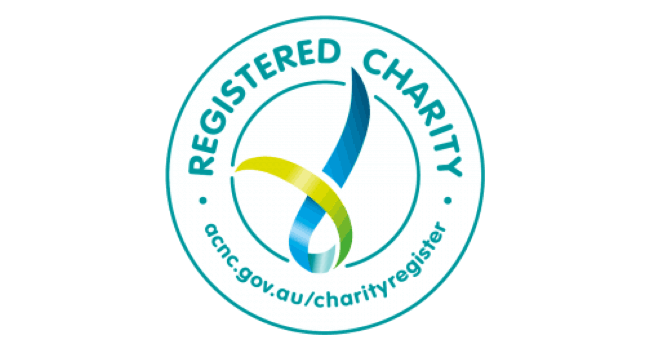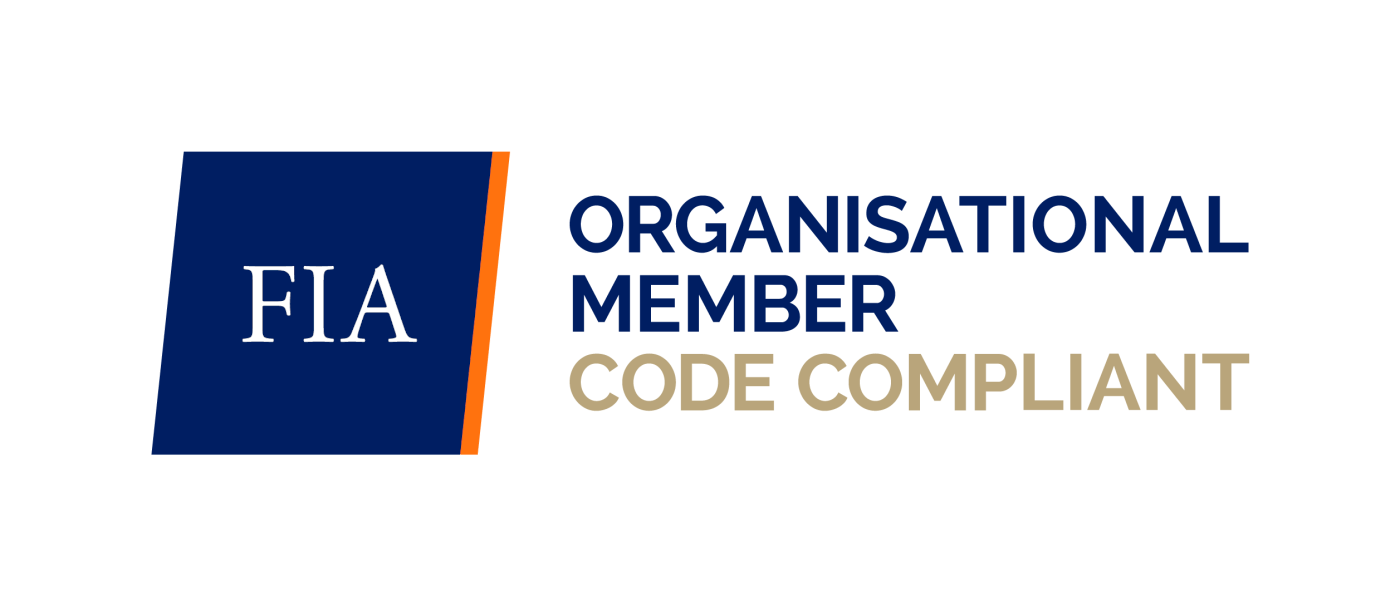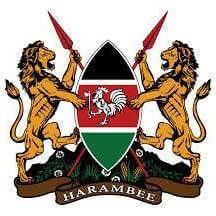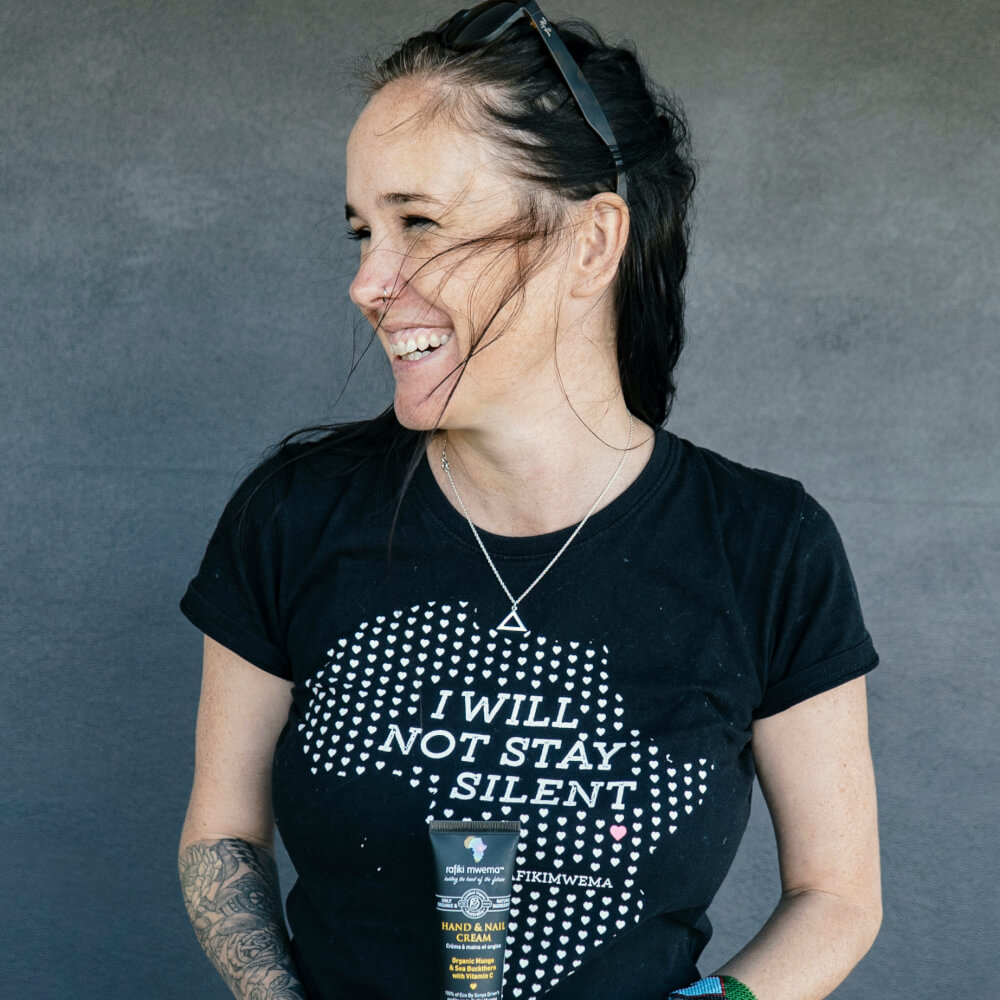Our Therapeutic Model
Therapy can help children who have been hurt and/or neglected within their families in their early years. Children can be traumatized by these experiences and find it difficult to feel safe and secure within their new families. This is sometimes called developmental trauma.
It is not unusual that the experience of being parented in the present reminds children of the way they were parented in the past. Even though they are no longer being hurt or neglected the children feel as though they are or think that they might in the future.
This means that children struggle with normal, healthy parenting. The children are afraid of ‘parents’. They develop a range of ways to manage these high levels of fear.
These difficulties are best understood as:
- Difficulties in attachment; the children find it hard to feel safe and secure with their parents.
- Difficulties in intersubjectivity; the children find it hard to give and take in relationships.
These difficulties are most obvious in the children’s strong need to experience control in their relationships. Controlling behaviours provide a fragile sense of security when the experience of attachment and intersubjective relationships is frightening. However, these behaviours make it harder for them to experience relationships that can help them recover from trauma.
These difficulties can also extend beyond the home. The children can have difficulties in lots of their relationships. This can impact on friendships, school and leisure activities.
Rafiki Mwema
Rafiki Mwema’s therapeutic model
Through Therapeutic Parenting our boys and girls begin to learn how to trust adults in their lives. This is a very different way of parenting than our carers themselves experienced growing up, and they work really hard to learn and develop the skills needed.
The skills needed are to be playful, accepting, curious and empathic.
Parenting using these principles helps our carers to understand the meaning of our children’s complex and sometimes scary behaviours and stay calm and emotionally regulated as they talk with our children, even at very difficult times. This, in turn, helps the child calm and helps the parent remain emotionally available to the child.
Our children also access therapy which facilitates a place to revisit their early experiences and co-create a narrative that supports our children to move to a place where they are better able to move into a place of trust.

Rafiki Mwema aims
To help carers, therapists and professionals working together to:
- Ensure the child has the best possible relationship with one or two adults who have a parenting role through day-to-day care
- Help the child develop as much attachment security as is possible through consistent and attuned parenting, having a safe place to live in a home that is as permanent as possible
- Enable whoever is in the most permanent, safest, consistent and attuned primary parenting role with our child, understand the child in the context of their past history and experiences
- Help those who are involved in parenting the child to develop the most effective ways of helping and supporting the child, to manage behaviours that are concerning to the child and to others
- Help all professionals working with the child ensure that the child and their behaviour is understood and that the child feels as safe as is possible at home, in school, and in social activities
Keyworkers
Through therapeutic parenting, our children begin to build a safe relationship with their key worker. This role is essential to our children healing and being able to survive emotionally when they leave Rafiki Mwema.
A key worker will model what a child should expect from other human beings and show how to respond productively when this expectation is not met.
Click the button below to learn more about our keyworkers.

Dan Hughes, an inspiration
Dan Hughes is the founder of a therapeutic model called Dyadic Developmental Psychotherapy.
He came to visit our project in November 2016. This was Dan’s first trip to Africa and we were so excited that he was able to share his incredible wealth of knowledge with our staff and children.
We continue to be inspired by his work and will forever be grateful for the impact Dan has had on Rafiki Mwema as an organisation.






